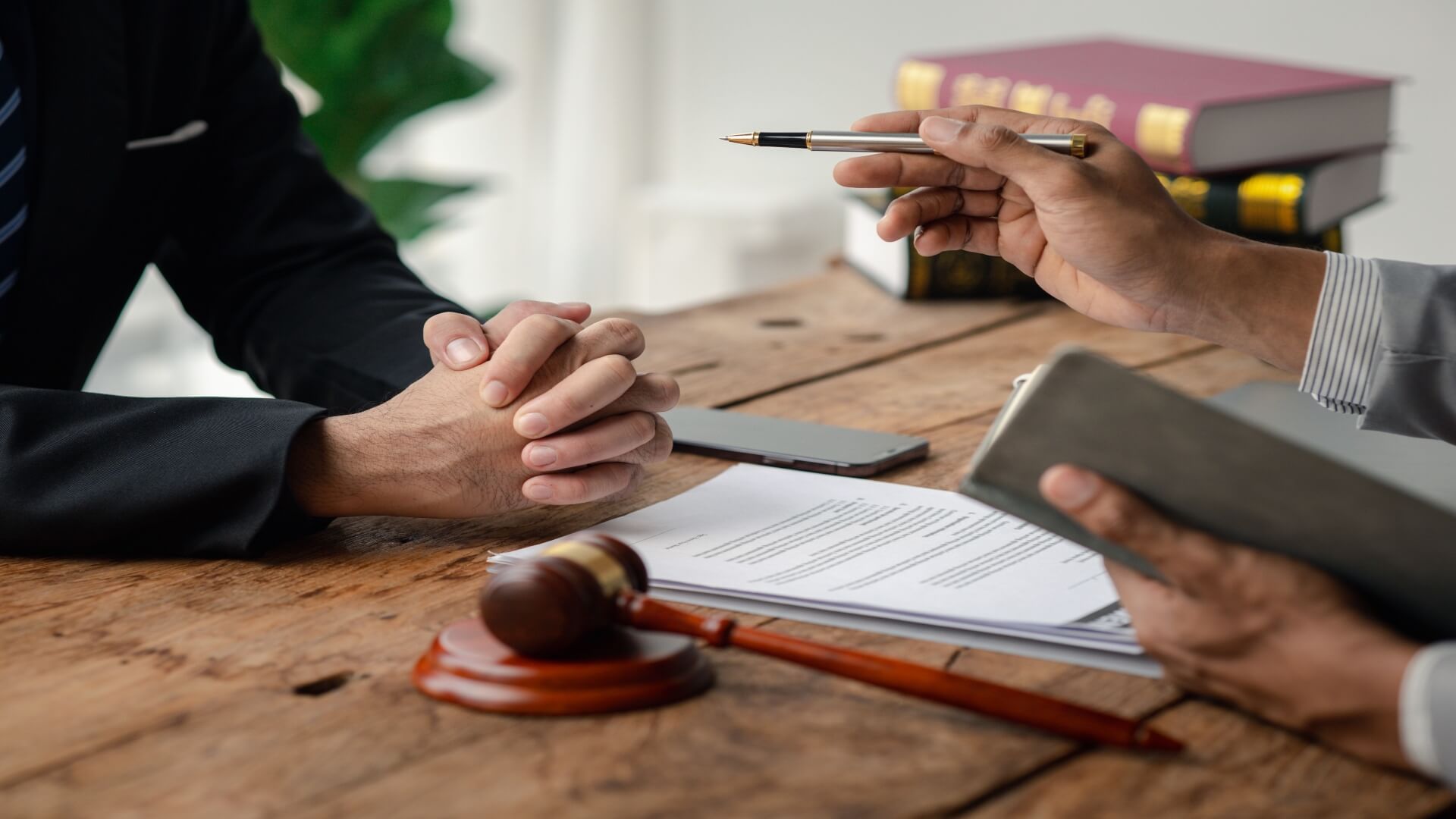Finding a good lawyer can feel like searching for a needle in a haystack. With so many legal professionals out there, how do you determine who is the best fit for your specific needs? Here’s a breakdown of key factors to consider and strategies for your search.
Define Your Legal Needs
Before embarking on your lawyer hunt, clearly define the type of legal assistance you require.
- What type of law is involved? Are you facing a criminal charge, navigating a divorce, drafting a will, or dealing with a business contract dispute?
- What are your specific goals? Do you need aggressive representation, a focus on negotiation, or someone who can provide guidance and support?
- What is your budget? Attorney fees can vary significantly based on experience, specialization, and the complexity of your case.
Utilize Online Resources
The internet offers a wealth of information to aid your search.
- Online Legal Directories: Websites like Martindale-Hubbell, Avvo, and Justia provide comprehensive directories of lawyers, often with client reviews and ratings. These platforms allow you to filter by location, area of expertise, and fee structure.
- State Bar Associations: Your state’s bar association website can be a valuable resource. Many offer lawyer referral services, disciplinary records, and information on continuing legal education, which can indicate a lawyer’s commitment to professional development.
- Online Reviews: Seek out reviews on platforms like Google Maps, Yelp, and social media. While not always foolproof, client reviews can offer valuable insights into a lawyer’s communication style, responsiveness, and overall client satisfaction.
Leverage Your Network
Personal recommendations can be invaluable when searching for a good lawyer near me.
- Ask for referrals: Reach out to friends, family, colleagues, and other trusted contacts. Inquire about their experiences with specific attorneys and whether they would recommend them.
- Consult with financial advisors or accountants: These professionals often collaborate with lawyers and can provide valuable referrals based on your specific needs.
- Attend local networking events: Industry events and community gatherings can provide opportunities to connect with other professionals who may be able to offer recommendations.
Conduct Initial Consultations
Once you’ve narrowed down your list of potential lawyers, schedule initial consultations.
- Ask the right questions: During the consultation, inquire about the lawyer’s experience in your specific area of law, their approach to your case, their fee structure, and their communication style.
- Assess your comfort level: Choose a lawyer with whom you feel comfortable communicating openly and honestly. A strong attorney-client relationship is crucial for successful legal representation.
- Compare your options: After consulting with several lawyers, carefully weigh your options and choose the one who best aligns with your needs, budget, and preferred approach.
Due Diligence is Key
Remember that finding the right lawyer is an important decision.
- Verify credentials: Ensure the lawyer is licensed to practice law in your jurisdiction and in good standing with the state bar association.
- Check for disciplinary actions: Review the lawyer’s disciplinary history on the state bar association website to identify any potential red flags.
- Trust your instincts: Ultimately, you must trust your gut feeling. If something feels off during the consultation process, don’t hesitate to move on and explore other options.
By carefully considering your needs, utilizing available resources, and conducting thorough research, you can increase your chances of finding a qualified and effective lawyer who can effectively represent your interests.







